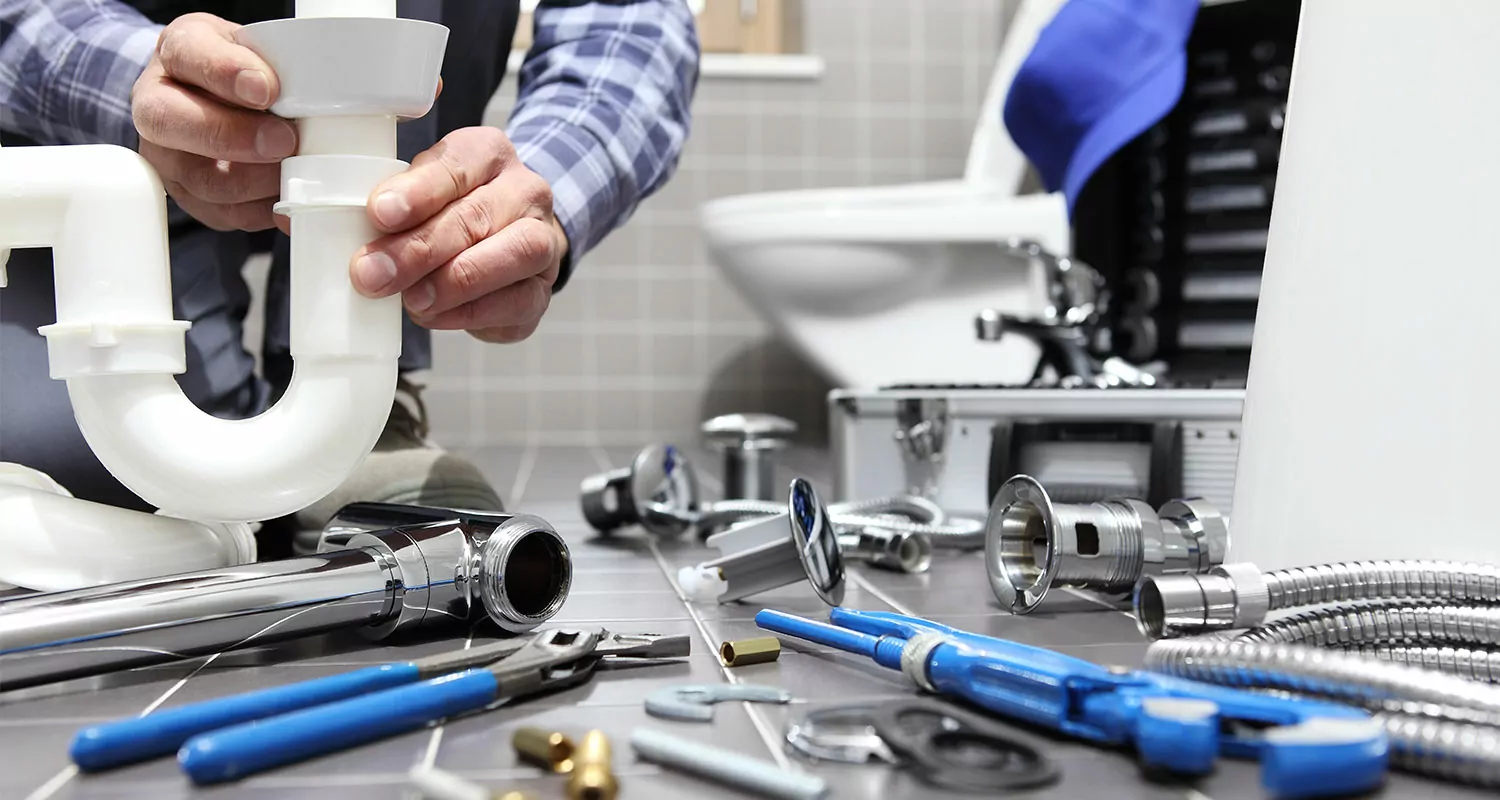Industrial plumbers, often unsung heroes in the industrial landscape, play a vital role in maintaining and ensuring the functionality of plumbing systems within large-scale industrial settings. Their responsibilities extend beyond those of traditional plumbers, as they deal with complex systems that support critical infrastructure. In this comprehensive exploration, we will delve into the various aspects of what an industrial plumber does, highlighting the significance of their work in sustaining industrial operations and fostering a safe working environment.
Understanding Industrial Plumbing:
Industrial plumbing is a specialized field that involves the installation, repair, and maintenance of plumbing systems within industrial facilities.
Unlike residential or commercial plumbing, industrial plumbing deals with large-scale systems that support the machinery and processes crucial for various industries, such as manufacturing plants, refineries, and power plants.
Specialized Knowledge and Skills:
The role of an industrial plumber demands a unique set of skills and knowledge. Beyond the standard plumbing expertise, industrial plumbers must understand the intricacies of large-scale plumbing systems, industrial-grade fixtures, and the complexities of working within an industrial environment.
This includes knowledge of industrial materials, specialized equipment, and compliance with stringent safety regulations.
Installation of Complex Systems:
Industrial plumbers are responsible for the installation of complex plumbing systems tailored to meet the demands of industrial processes.
This includes the installation of large-diameter pipes, high-capacity water heaters, and other industrial-grade fixtures required for efficient and reliable operations.
Maintenance and Repairs:
Regular maintenance is a cornerstone of industrial plumbing. Industrial plumbers conduct routine inspections to identify potential issues before they escalate, preventing downtime in industrial operations.
When issues arise, they respond promptly to conduct repairs, ensuring the seamless functioning of plumbing systems.
Safety Compliance:
Safety is paramount in industrial settings. Industrial plumbers not only need to be well-versed in general safety practices but must also understand and implement safety measures specific to industrial plumbing.
This includes dealing with hazardous materials, adhering to industry safety standards, and conducting risk assessments for plumbing installations and repairs.
Collaboration with Other Trades:
The complexity of industrial facilities often requires collaboration between various trades. Industrial plumbers work closely with electricians, HVAC technicians, and other professionals to address interconnected systems.
Effective communication and coordination are essential for ensuring the overall functionality of the facility.
Emergency Response:
Industrial plumbers must be prepared to handle emergencies effectively.
Whether it’s a sudden burst pipe, equipment failure, or other plumbing emergencies, their quick response is vital to minimizing damage, preventing production delays, and maintaining operational efficiency.
Use of Advanced Technology:
Modern industrial plumbers leverage advanced technology and tools to enhance their capabilities.
This includes the use of diagnostic equipment, computerized systems for monitoring plumbing networks, and the incorporation of innovative plumbing technologies to improve efficiency and sustainability.
FAQs:
Q1: What is industrial plumbing, and how does it differ from residential or commercial plumbing?
A1: Industrial plumbing involves the installation, repair, and maintenance of large-scale plumbing systems within industrial facilities, such as manufacturing plants and refineries. It differs from residential or commercial plumbing in its focus on complex systems supporting industrial processes.
Q2: What skills and knowledge are essential for industrial plumbers?
A2: Industrial plumbers require specialized knowledge of large-scale plumbing systems, industrial-grade fixtures, and materials. Skills include understanding safety regulations, working with hazardous materials, and collaborating with other trades.
Q3: What is the primary responsibility of industrial plumbers in terms of installation?
A3: Industrial plumbers are responsible for installing complex plumbing systems tailored to meet the demands of industrial processes. This includes large pipes, high-capacity water heaters, and other industrial-grade fixtures.
Q4: How do industrial plumbers contribute to maintenance and preventing downtime?
A4: Industrial plumbers conduct regular maintenance inspections to identify and address potential issues before they escalate. Their prompt response to repairs helps prevent downtime in industrial operations.
Q5: How do industrial plumbers ensure workplace safety in industrial settings?
A5: Industrial plumbers ensure workplace safety by adhering to safety regulations, implementing preventive measures, and addressing emergencies promptly. Their expertise minimizes risks associated with plumbing systems in industrial environments.
Q6: Why is collaboration with other trades essential for industrial plumbers?
A6: Industrial plumbers collaborate with electricians, HVAC technicians, and other professionals to address interconnected systems within industrial facilities. Effective coordination is crucial for ensuring overall facility functionality.
Conclusion:
Industrial plumbers are indispensable assets in the industrial landscape, contributing significantly to the efficiency and safety of critical infrastructure. As industries continue to evolve, the role of industrial plumbers remains essential in ensuring the seamless functioning of plumbing systems that form the backbone of industrial operations. Their expertise and dedication make them crucial partners in the ongoing success and sustainability of industrial facilities worldwide.

A group of home improvement enthusiasts and bathroom design experts, combines in-depth knowledge and a shared passion to deliver engaging, informative content that guides readers through the world of bathroom innovation and style.

Leave a Reply